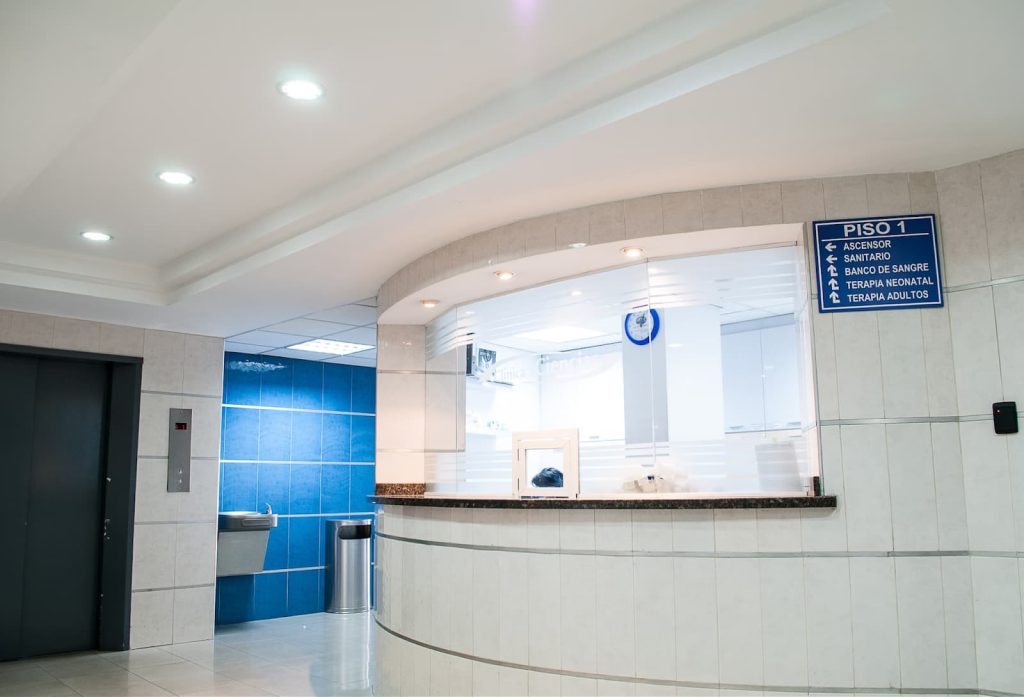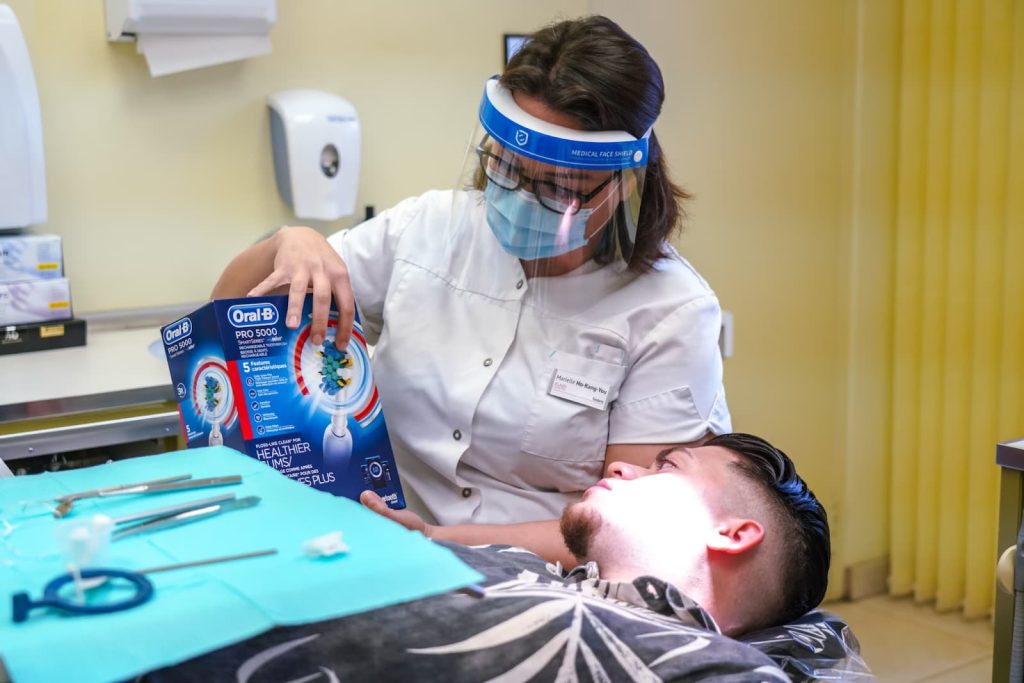An Inside Look at the Benefits of Concierge Medicine
In the evolving landscape of healthcare, one model that has steadily gained traction is concierge medicine. This personalized approach to healthcare is characterized by a unique doctor-patient relationship where practitioners cater to a limited number of patients, ensuring thorough, individualized care. Unlike conventional models, it emphasizes preventive care, unhurried consultations, and round-the-clock accessibility.
This article explores the numerous advantages of concierge medicine, ranging from heightened patient satisfaction and improved access to medical services, to enhanced health outcomes and stronger doctor-patient relationships. As we delve into this comprehensive examination, it becomes evident that concierge medicine is not merely an alternative but potentially the future of patient-centered healthcare.
Enhanced Quality of Care
One of the defining features of concierge medicine is the improved quality of care it offers. In this model, healthcare practitioners have fewer patients under their purview, enabling them to provide meticulous, individualized attention to each patient.
This increased time commitment goes beyond treating symptoms or illnesses; it allows for a deeper exploration of patients’ overall health, lifestyle, and wellness goals.
This holistic approach not only cultivates a better understanding of each patient’s unique health situation but also promotes an environment where preventive care and early intervention can thrive. In turn, this can lead to more effective treatment plans and better health outcomes.
Furthermore, concierge medicine providers are usually accessible outside of regular office hours and are much more willing to respond quickly to patient needs.
Consequently, patients no longer need to wait long periods for appointments or be rushed through visits; instead, they can enjoy the benefits of extended consultations and uninterrupted access to their doctor.
Individualized and Evidence-Based Care
In the concierge medicine model, practitioners have greater freedom to tailor care plans based on each patient’s unique circumstances and preferences.
This custom approach facilitates better communication between doctor and patient, allowing for a more comprehensive understanding of an individual’s needs. Namely, the experts from Erin Reese MD suggest that with concierge medicine, a patient can receive individualized, compassionate care.
In addition, doctors can provide evidence-based treatment recommendations that meet the specific requirements of each client—a practice that is increasingly gaining popularity in the medical community. This combination of personalized and evidence-based care has been shown to significantly improve patient satisfaction and health outcomes.
Improved Accessibility

The concierge model also offers a number of advantages when it comes to easy access to healthcare services. Many practitioners are available virtually, providing patients with the convenience of scheduling and attending appointments from the comfort of their own homes.
What’s more, with shorter wait periods for appointments compared to traditional healthcare models, patients can receive treatment faster and more efficiently. As a result, complex diagnoses are often less time-consuming and costly.
On the other hand, practitioners benefit from the improved accessibility as well. By streamlining patient visits and reducing wait times, concierge practitioners are able to take on more patients without compromising on quality of care. This enables them to be more proactive in providing medical services and allows for greater flexibility when it comes to scheduling appointments.
More Thorough Diagnoses
In conventional healthcare models, practitioners often lack the time and resources to conduct thorough examinations. In contrast, concierge medicine providers have more flexibility when it comes to ordering additional tests and making referrals.
This ensures that patients are receiving comprehensive care and diagnoses are conducted with utmost accuracy. Ultimately, this helps to avoid unnecessary treatments or procedures while also providing an environment where prevention is the preferred course of action.
Concierge practitioners excel in addressing mental health needs by allocating ample time and resources to each patient. This approach yields a profound comprehension of psychological issues, resulting in highly effective therapies and treatments. In contrast, traditional healthcare models often fall short in this area due to their limited capacity for extended patient assessments.
Long-Term Health Management
Another benefit of concierge medicine is its emphasis on long-term health management. This model encourages ongoing relationships between doctors and patients, fostering a continuity of care that is often lacking in traditional healthcare.
Regular and frequent interactions allow for constant monitoring and adjustment of treatment plans, leading to better management of chronic conditions and overall health. Moreover, this long-term focus empowers practitioners to guide patients toward positive lifestyle changes and proactively address potential health issues.
A lot of emphasis is also placed on preventive care in concierge medicine. Under this system, physicians are able to devote more attention to preventative health screenings and vaccinations—services that are essential for a successful healthcare system but are often neglected in traditional models.
Promoting a More Personal Approach to Healthcare

Concierge medicine fosters a more personal approach to healthcare, characterized by close doctor-patient relationships and continuity of care.
This model promotes open communication and trust which are pivotal in fostering adherence to treatment plans and promoting healthful behaviors. Patients feel more comfortable discussing their concerns and questions, knowing that they are valued and that their well-being is the priority.
This interpersonal relationship not only enhances patients’ experiences but invariably leads to improved health outcomes. Moreover, the interpersonal connection with their healthcare providers also contributes to patients’ mental well-being, reducing anxiety and improving their overall quality of life.
Knowing Your Options
For many people, the decision between traditional and concierge healthcare models can be difficult to make. However, understanding the potential benefits of each one is essential in making an informed choice about which type of care is best for you or your loved ones.
With that said, it’s important to weigh both options carefully and consider the advantages of each one before committing to either model. Ultimately, the decision should be based on personal preference and individual needs.
Therefore, it’s best to do your research and find a healthcare provider that meets your specific requirements and offers services tailored to you. Each person deserves quality care; with a little bit of effort, you can easily find yours.
Embarking on the journey to better health care begins with understanding your options and choosing a model that best suits your needs. Concierge medicine, with its personalized and comprehensive approach to health management, offers an innovative alternative to traditional healthcare models.
While it might not be the right choice for everyone, its benefits such as enhanced accessibility, thorough diagnoses, emphasis on long-term health management, and a personal approach to healthcare can significantly improve your medical experience.
It’s all about choosing a provider that values you as an individual and ensures your health needs are met with compassion and expertise. Regardless of the model you choose, remember that your health is a priority and deserves the utmost attention and care.







